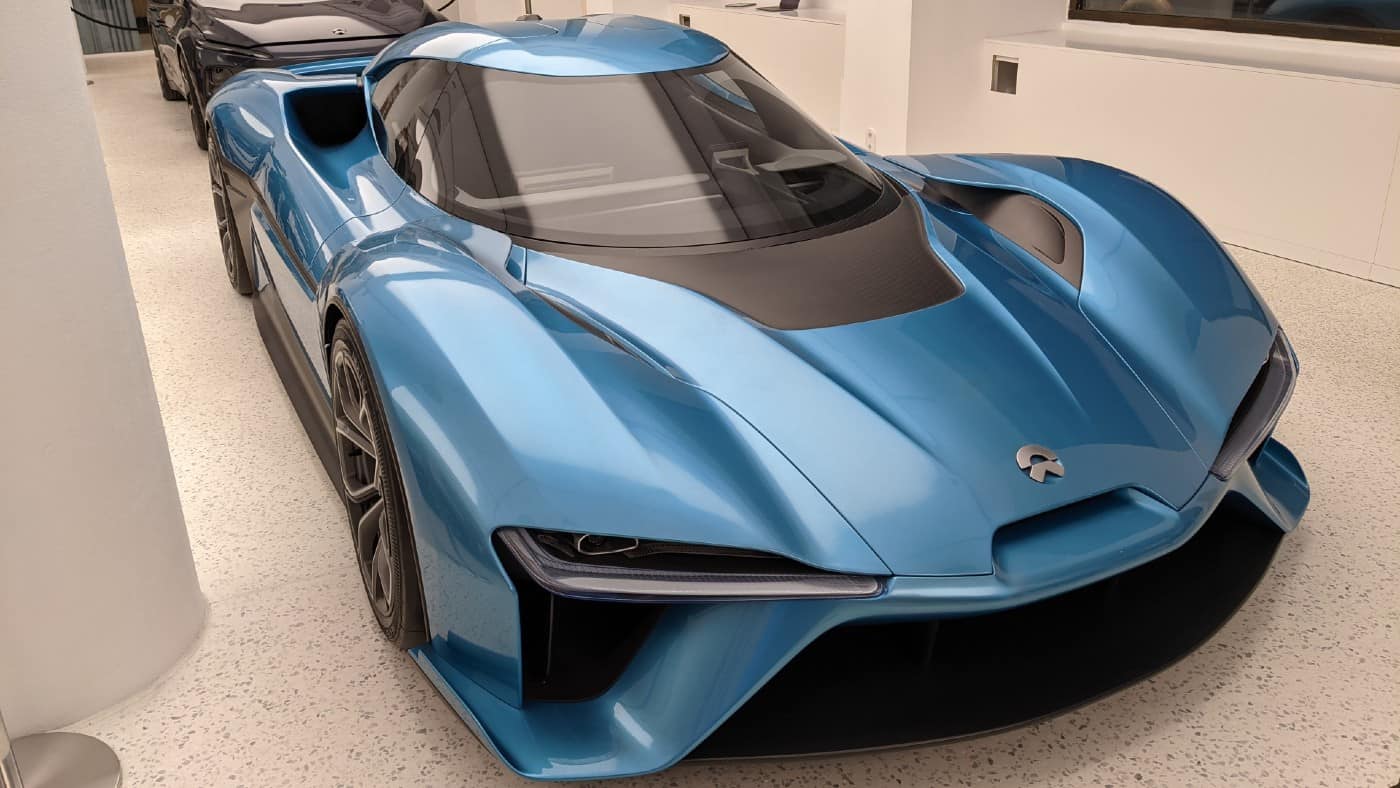Shares of NIO (NYSE:NIO) surged by over 14% yesterday, despite the company making no major announcements. The stock price of the Chinese electric vehicle manufacturer has had a pretty rough ride over the last 12 months, falling by as much as 50%. So, is this latest jump just a result of general market volatility? Or is there something else going on? Let’s explore.
The growth catalyst of NIO shares
Typically, when a double-digit rise in a share price is seen, it’s usually on the back of some impressive earnings. Yet in the case of NIO, this latest move can be attributed entirely to politics.
For those who aren’t aware, US and Chinese regulators haven’t exactly been getting along lately. And starting in 2020, an extensive crackdown on Chinese businesses listed on US stock exchanges began. Since then, the US Securities and Exchange Commission has created a growing list of companies at risk of being de-listed in 2024 under the Holding Foreign Companies Accountable Act.
This whole political dispute is undeniably responsible for the poor performance of Chinese stocks over the last two years. And several companies, including NIO, have created a dual listing for their shares on the Hong Kong Stock Exchange to reduce risk. But this may not be necessary after all.
Yesterday, China Vice Premier Liu He made a speech with encouraging comments towards technology executives. And made implications that the crackdown may be on the verge of easing. If genuine, this move undoubtedly gives more freedom and flexibility to these companies while simultaneously potentially appeasing US regulators. As a result, there’s growing speculation that the risk of NIO shares getting de-listed, along with other Chinese stocks, is falling.
So, is now an excellent time to add the EV manufacturer to my portfolio?
Time to buy?
Looking at the latest results, there’s no denying that NIO is seeing a solid performance. Vehicle deliveries in 2021 more than doubled versus the previous year jumping from 43,728 to 91,429. This, combined with some price increases, resulted in revenues surging by 122% to just under $5.4bn.
Meanwhile, improvements in manufacturing efficiency have pushed the gross profit margin to 18.9% versus 11.5% a year before. That’s not sufficient to bring NIO shares into the land of profitability. But at current rates, analysts predict this could change by 2024.
Combining these figures with a valuation that sits at a relatively small price-to-sales (P/S) ratio of 4.1 makes this stock look exceptionally cheap, in my opinion. By comparison, Tesla, its chief competitor, has a P/S of 14.8.
Under normal circumstances, I would be very tempted to add NIO shares to my portfolio today. However, the situation with China remains a big red flag. It may be improving, but in the current state of affairs, nothing is set in stone. And the de-listings may go ahead if an agreement is not reached between the two world leaders. Personally, I won’t buy as I prefer to invest in businesses, not politicians.








